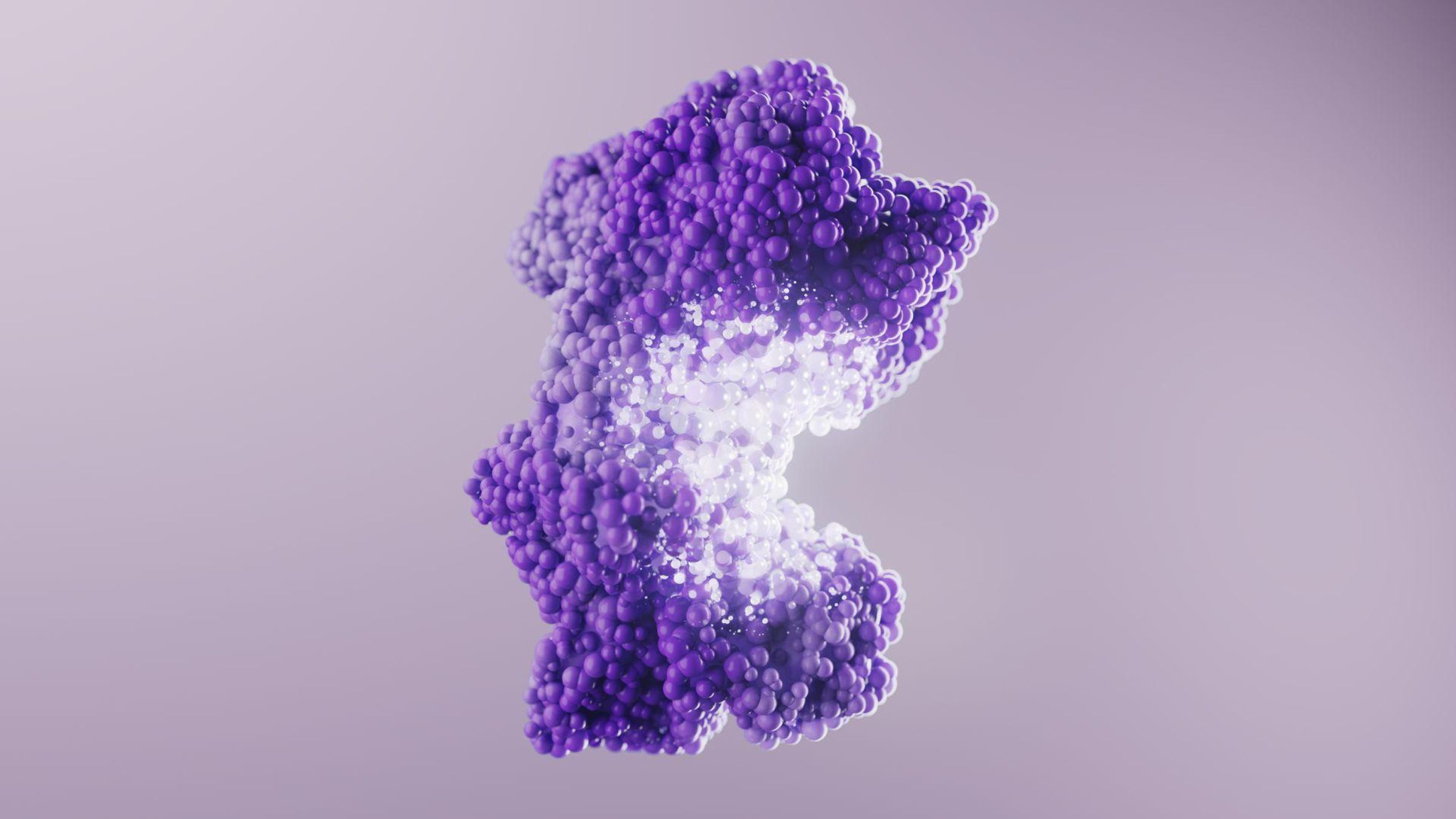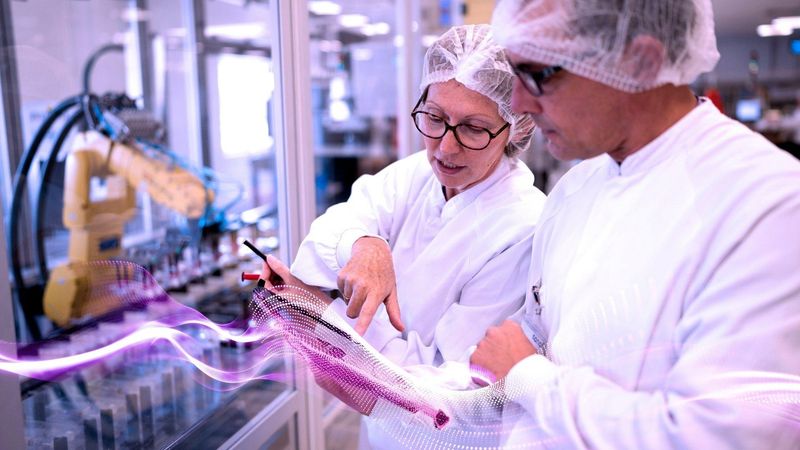We’re transforming the future for patients with many rare diseases by leveraging our deep understanding of the unique biological drivers that underpin these conditions. Our integrated approach is paving the way for treatments that address the root causes of a range of rare diseases with high unmet needs.
We’re leading the way to discovery in a very connected ecosystem of academic, foundation and industry research that’s dedicated to bringing new options to people with rare diseases.

Pablo Sardi
Global Head of Rare and Neurological Diseases
Our legacy of treatment innovation in rare diseases is driving our next generation of patient-centric research and development around the world.
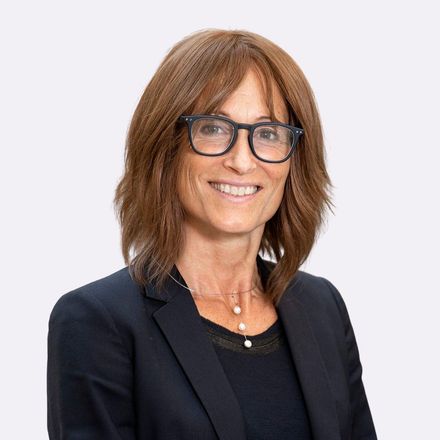
Karin Knobe
Global Head of Rare Diseases Clinical Development
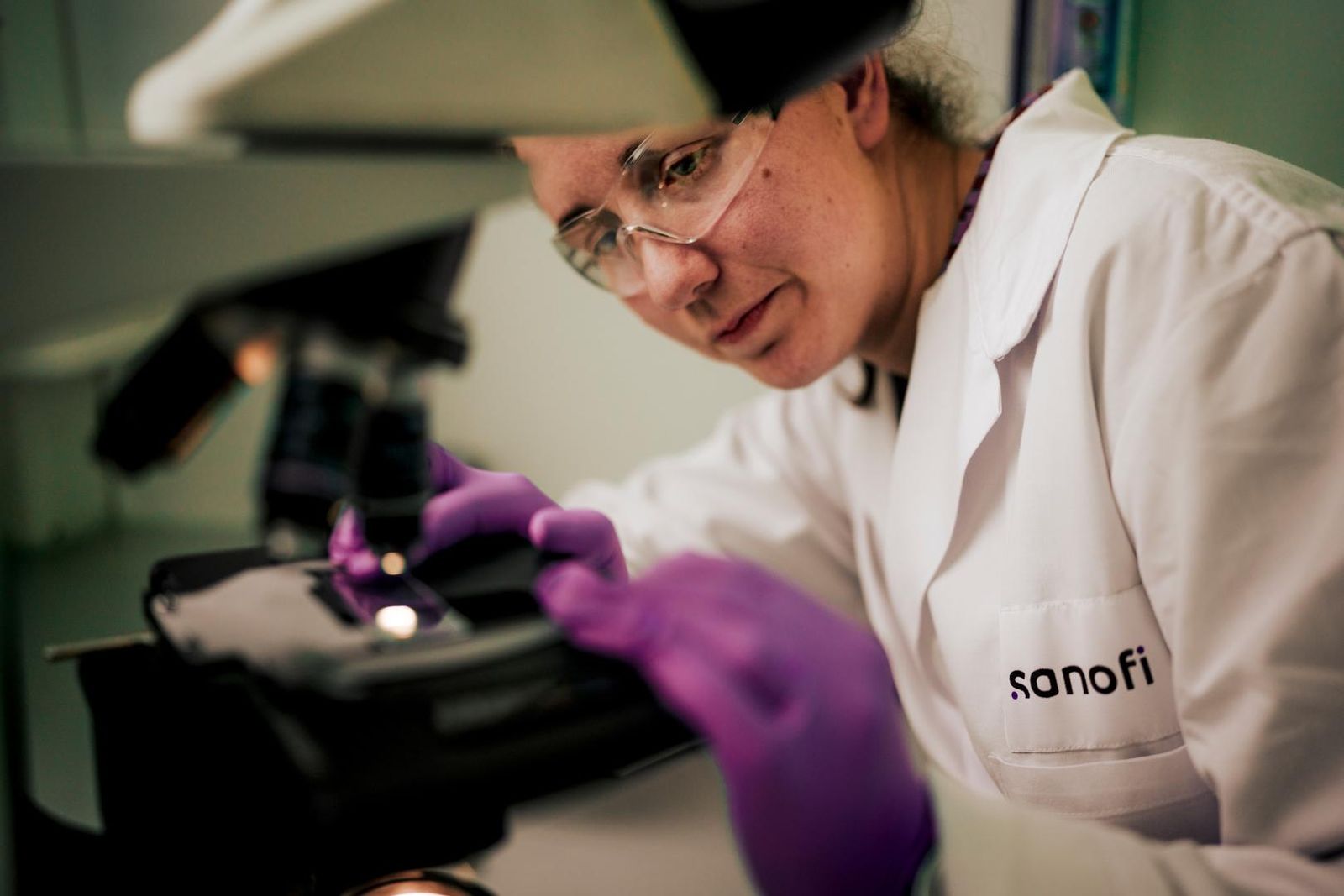
Pioneering an Innovative Pipeline in Rare Diseases
Around 400 million people globally are affected by 7,000 diseases so rare that they are difficult to diagnose and treat.1 We’ve been uncompromising in our commitment to improving their lives. Our teams work closely with patient communities to set priorities and respond to the needs of families living with rare conditions. By developing the first-ever medicines for five rare diseases, we’ve learned what it takes to turn the impossible into possible. We’re more motivated than ever to deliver treatments that set the standard for care in rare diseases.
We are rapidly advancing a robust pipeline in rare conditions, exploring molecules we believe have the potential to alter the course of the disease in conditions with high unmet needs. We have a comprehensive genomic medicine program and are building a toolkit of pioneering technologies, with advanced protein engineering, NANOBODY® molecules, TAILORED COVALENCY™ chemistry and small interfering RNA (siRNA) technology. Our goal is to change expectations for treatment and empower patients to better manage their health.
Back in 1991, we delivered the first successful enzyme replacement therapy for Gaucher disease, a lysosomal storage disorder (LSD).2 Thereafter, treatments for Fabry Disease, Pompe Disease, Mucopolysaccharidosis I and Acid Sphingomyelinase Deficiency followed. Today, we are focused on delivering potential first-in-class solutions in hemophilia. These milestones reflect our continued commitment to bringing transformative, innovative therapies to people living with rare diseases worldwide.
This focus on diseases with high unmet needs includes a current pipeline with potential treatments for:
- Pompe disease, infantile onset: Enzyme replacement therapy
- Fabry disease: Oral GCS inhibitor
- Gaucher disease type 3: Oral GCS inhibitor
- Alpha-1 antitrypsin deficiency (AATD): AAT fusion protein
- Myotonic Dystrophy Type 1 (DM1): AAV-mediated siRNA delivery targeting toxic DMPK
- Sickle cell disease: in vivo gene editing
We’re leveraging our deep immunoscience expertise to investigate novel molecules that could expand our pipeline into other rare diseases where significant unmet need remains, including:
- Focal segmental glomerulosclerosis / minimal change disease: CD40L mAb, BTK inhibitor, TNFaxOX40L NANOBODY® VHH
- Warm autoimmune hemolytic anemia (wAIHA): BTK inhibitor
- Sickle cell disease: reversible BTK inhibitor
- Acquired/immune-mediated thrombotic thrombocytopenic purpura (aTTP/iTTP): von Willebrand factor inhibitor
Advancing Science In Rare Disease

Lysosomal Storage Disorders
Building on our strong foundation in rare genetic conditions caused by enzyme deficiencies,3 we’re exploring new treatments for people with GM2 gangliosidoses and other disorders.
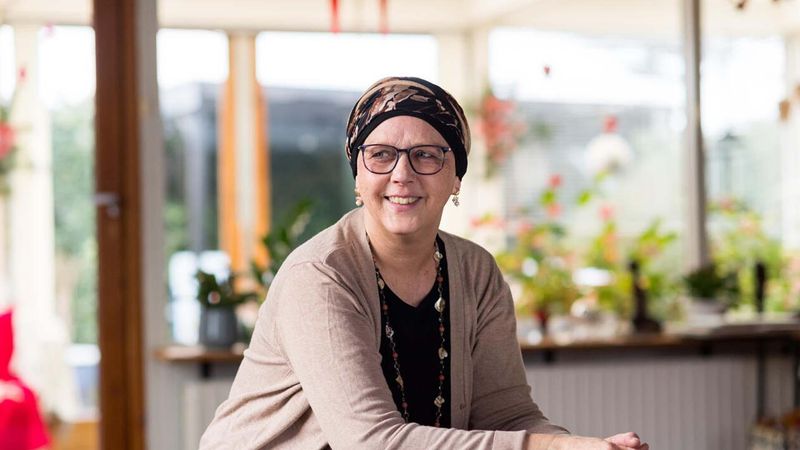
Small Population, Big Impact
Through the use of modelling and AI, we’re supporting development in small populations. We steward multinational registries that unite patient communities and help doctors share rare clinical and real-world information.4 Our scientists also use them to research new therapies.
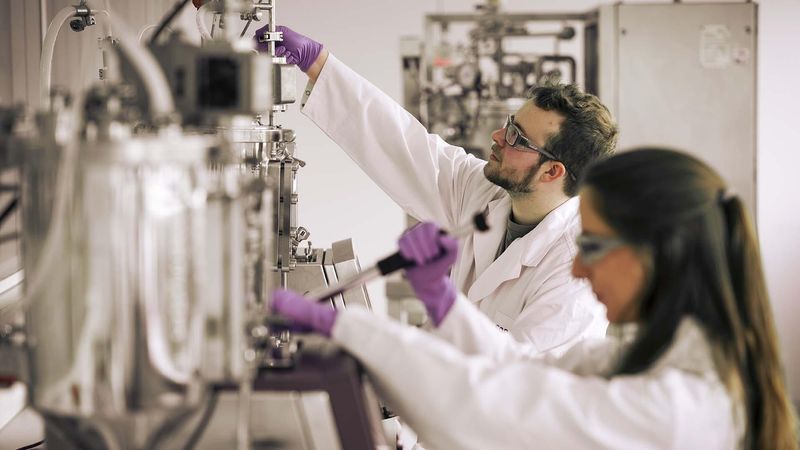
New Approaches
Bolstered by strategic acquisitions and a genomic medicine unit, we’re accelerating drug discovery to improve the lives of families affected by rare diseases.
A Key Focus in Rare Blood Disorders
Our legacy of innovation in hematology stems from the development of the first extended half-life clotting factors to treat hemophilia A and B to the first approved treatment for acquired thrombotic thrombocytopenic purpura (aTTP). We are determined to transform the standard of care for people affected by rare blood disorders.
Hemophilia
We're building on our established expertise in hemophilia, a rare genetic condition that affects clotting factors in the blood leading to prolonged or spontaneous bleeding, with new approaches that could help redefine convenience in hemophilia prophylaxis.

See Hemophilia Through My Eyes: Women & Girls

See Hemophilia Through My Eyes: Mental Health
Our Latest Science Stories
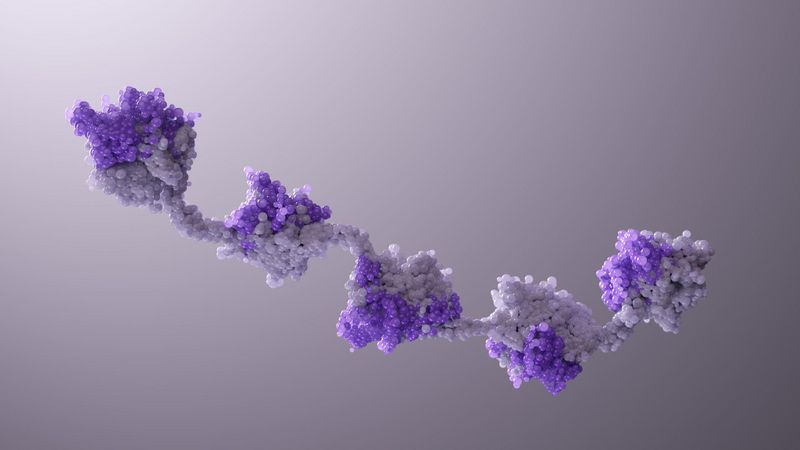
January 26, 2026
Two’s Company. Three’s a Crowd. Five Nanobody® Subunits? That Could Be a New Medicine.
More for Healthcare Professionals
Our Data-sharing Commitments
Our Disclosure Commitments
Find a Clinical Trial
Campus Sanofi
References
-
Haendel M, Vasilevsky N, Unni D, et al. (2020) How many rare diseases are there? Nat Rev Drug Discov 19:77-78. doi: 10.1038/d41573-019-00180-y
-
Hindo C, Pastores GM, Brady RO (2018) Rare Disease Database: Gaucher Disease. National Organization for Rare Disorders (NORD) website. Accessed 21 July 2025. See also Sun A, Chang IJ, Lam C, Berry GT (2021) Lysosomal Storage Disorders. In: Pyeritz RE, et al., Eds. Emery and Rimoin's Principles and Practice of Medical Genetics and Genomics (Seventh Edition). Academic Press, 563-682 pp; DOI: 10.1016/B978-0-12-812535-9.00014-5.
-
Futerman AH, van Meer G (2004) The cell biology of lysosomal storage disorders. Nature Rev Mol Cell Biol 5:554-565; DOI: 10.1038/nrm1423
-
Kölker S, Gleich F, Mütze U, Opladen T (2022) Rare Disease Registries Are Key to Evidence-Based Personalized Medicine: Highlighting the European Experience. Front Endocrinol 13:832063; DOI: 10.3389/fendo.2022.832063
-
Approved first in Europe (2018), then the US (2019). See also Hanlon A, Metjian A (2020) Therapeutic Advances in Hematology 11:2040620720902904; DOI: 10.1177/2040620720902904
-
Fillitz M, Dixer B, Keil F (2021) Practical considerations for the management of immune thrombocytopenic purpura. Memo. 14:350-354; DOI: 10.1007/s12254-021-00771-9
-
Shukla, Anubha et al. “Exploring patients' experiences with wAIHA and the content validity of the FACIT-fatigue: a qualitative interview study.” Orphanet journal of rare diseases vol. 20,1 403. 6 Aug. 2025, doi:10.1186/s13023-025-03767-4
